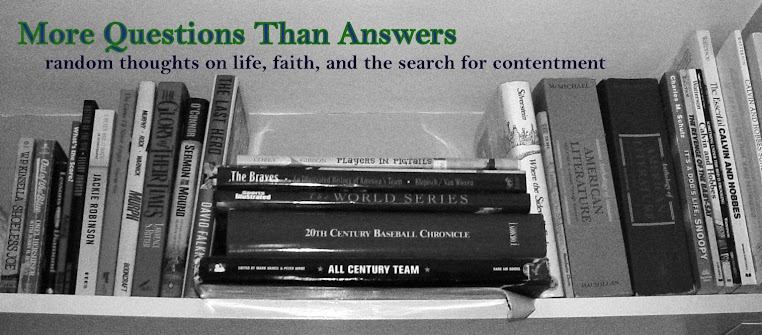ghost: "Do you really think people are penalised for their honest opinions? Even assuming, for the sake of argument, that those opinions were mistaken."There seems to be agreement between the characters that there is such a thing as intellectual sin. The conversation between the ghost (an apostate) and the solid person (believer in Christ) becomes a discussion about what exactly that means-to commit sins of intellect. There are five items that Lewis reveals starting with simple opinions. These items seem to be talking points to explain what it means to commit this type of sin.
solid person: "Do you really think there are no sins of intellect?"
ghost: "There are indeed, Dick. There is hidebound prejudice, and intellectual dishonesty, and timidity, and stagnation. But honest opinions fearlessly followed-they are not sins."
Of course as you read this book for yourself you will see that this particular conversation between these two characters is quite short. Lewis is really good at saying so much in so few lines. For me, this discussion brings up a number of questions. The first one being, "Am I committing an intellectual sin by asking questions?" I think the point Lewis is trying to make is that the knowledge and belief of truth itself is absolute. In other words, if a person believes that the hat I am wearing is red when it is quite clearly blue, then that person is in error and cannot be justified in their thinking as long as that person maintains their erroneous belief.
Specifically to the dialogue that I quoted, the characters are talking about Christianity and the obviously different points of view they own. When it comes to faith, how far is too far in investigating the truth? Is intellectual sin just possessing a believe structure that is flatly untrue? Is that all their is to it or is there more? My brain hurts because as I have been reading I have recalled how my point of view and understanding of spiritual matters has changed. Admittedly, I am questioning my questions.
Presently I am asking new questions, ones that my experiences are prompting. Surely striving to gain greater understanding is not sinful. Is it? There seems to be a fine line. I suppose the journey or route to truth (whether initial search or ongoing excavation) is not how we will be judged in the end but by the possession of the truth itself. And that is where faith comes in because we cannot really possess truth without it.
The pain is stating to get intense. I had better stop before I start questioning the denominational system and the varying theological ideologies. I suppose one could find intellectual sin most anywhere there are thinking people. Why do I feel like I am back where I started?

No comments:
Post a Comment